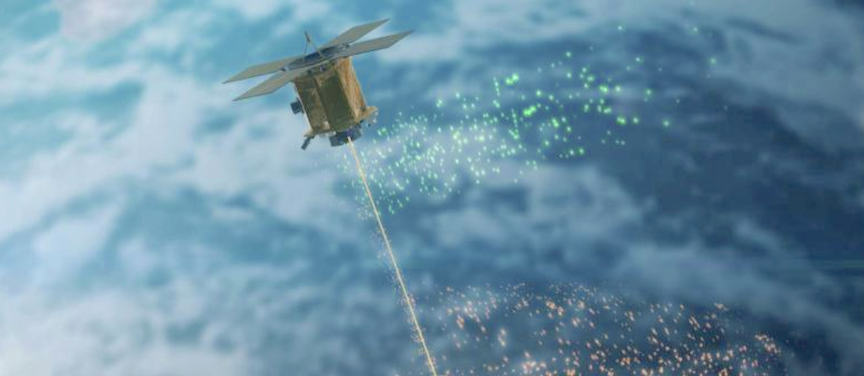
SENER Aeroespacial, a SENER Group company, is part of the consortium chosen by the European Commission for the EROSS IOD program dedicated to On-Orbit Servicing. EROSS IOD (European Robotic Orbital Support Services In Orbit Demonstrator) will validate the technologies needed for robotic in-space servicing operations, culminating in a European pioneering mission by 2026. This mission will demonstrate satellite rendezvous, capture, docking, refueling and payload exchange capabilities to drive major advances in space robotics for future on-orbit robotic missions. This EROSS IOD program is under Grant Agreement Preparation and expected to start in January 2023.

According to the Prime Contractor, Thales Alenia Space, “The goal is to extend satellite lifetimes while also limiting space debris to enable better management of the current and future space assets. On-Orbit Servicing vehicles represent a real paradigm shift, since future space systems will be able to undergo maintenance and upgrades even in orbit. By introducing unrivaled system scalability and flexibility, they will be a real game changer. Satellites as we know can therefore be designed in a completely new way.”
In the consortium, formed by seventeen companies, SENER Aeroespacial will be involved in the adaptation of SIROM to the EROSS IOD needs as ORU (Orbital Replacement Unit) interface. In addition, SIROM will be configured as a refueling interface based on SENER RIDER solution.
SIROM is a robotic interface developed by SENER Aeroespacial that can be used both in orbital and planetary applications. As a robotic interface, SIROM has the ability to manipulate and carry on different tasks, integrating four different functionalities in a single mechanism: mechanical, data, electrical and fluids.
SENER Aeroespacial has a long track record in projects that contemplate the generation of space technology from the point of view of sustainability. The company is already working to generate more efficient orbital infrastructures. Since 2019, the company is part of the E.T.PACK consortium to develop a deorbit device based on a space tether to tackle the space debris proliferation problem. And, since 2020, the company is part of the Net Zero Space initiative, as a step forward in the group’s commitment to drive sustainable transformation through engineering and technology.
